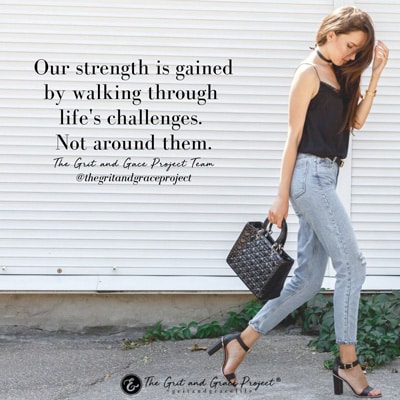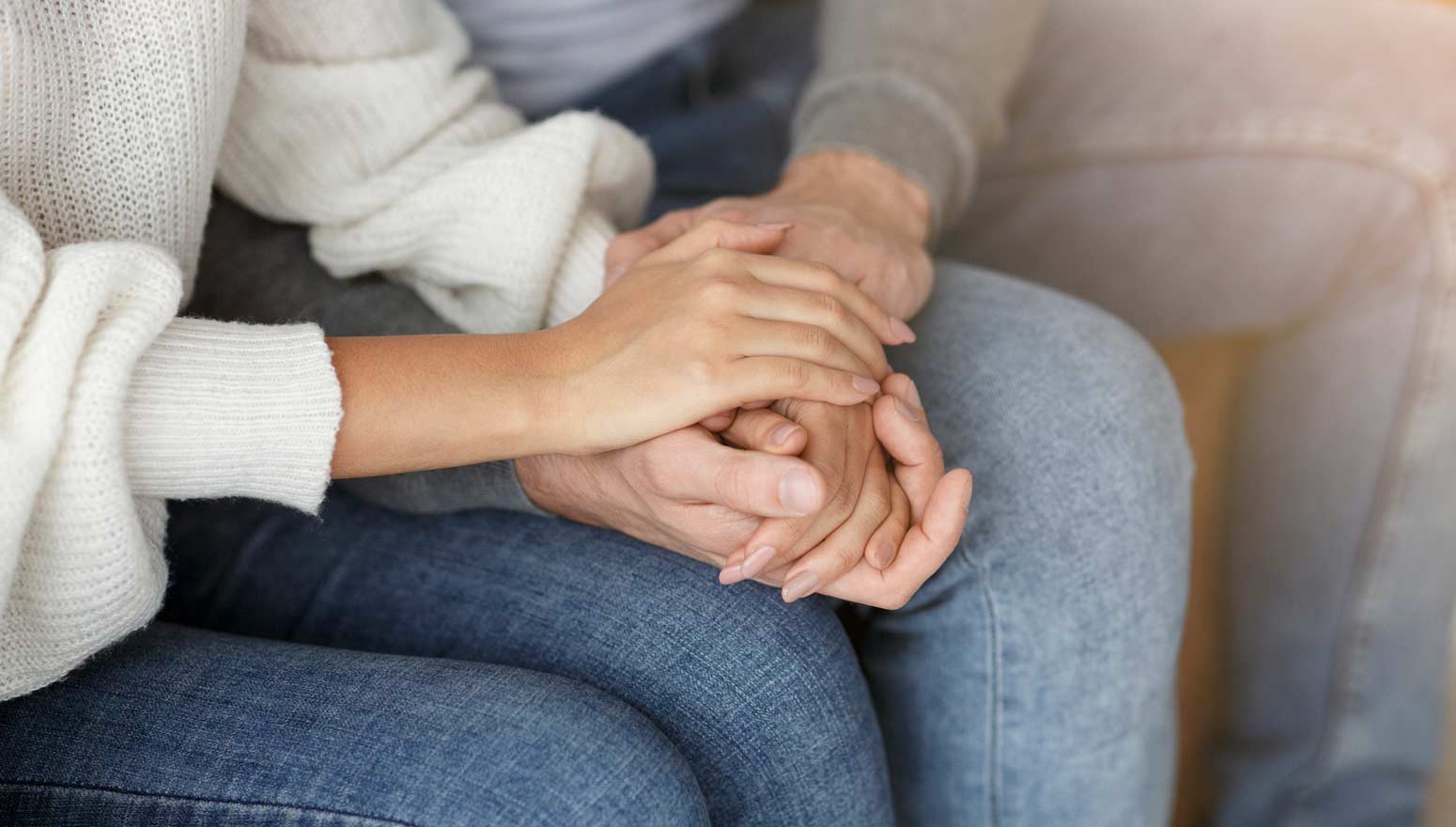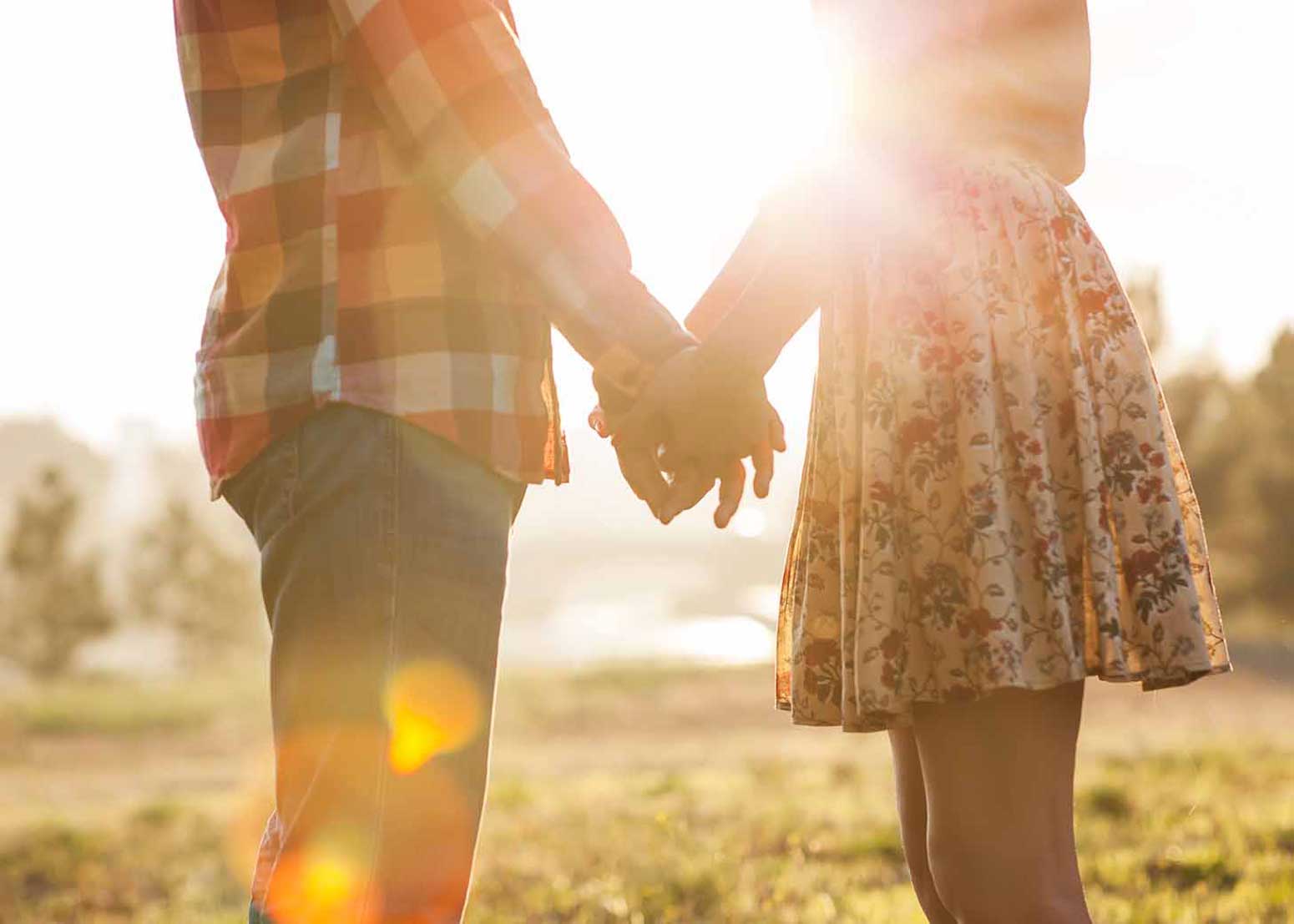We’re likely to bounce between feelings of happiness, sadness, anger, excitement, exhaustion or any number of other emotions every day. Some are fickle, while others might not be so temporary. No matter which ones you experience, they are all normal and they deserve to be listened to. Where we often go wrong is in our reaction to those feelings—either lashing out at someone or making an impulsive decision we later regret. Even when we choose not to react by suppressing our emotions, we are entering into dangerous territory.
Dr. Zoe Shaw is a licensed psychotherapist and regular contributor to Grit and Grace Life through articles and her advice column, Ask Dr. Zoe. She has also been a guest on several episodes of This Grit and Grace Life podcast to share her insight and expertise. In one such episode, Dr. Zoe explained that feelings really are good, and she coached us on how to express those feelings in a healthy way with our coworkers, spouse, children and anyone else we interact with.
We loved this show so much that we pulled some of Dr. Zoe’s explanations and responses to share with you below. You can listen to the episode in its entirety here.
Why Am I Feeling This Way?
All feelings … are healthy. The purpose of feelings, really, is to tell us something. I had clients who have literally felt that it’s not okay to be angry. And the reality is anger—just like some of our other feelings like sadness—it just tells us something is wrong. And so the first basic thing that every woman needs to understand is that all feelings are healthy. Now the problem happens when we have a feeling and we then choose a bad behavior because of the feeling we have. That’s where the problem comes in. It’s our behavior and our choices after a feeling, not the feeling.
With the understanding that all feelings are healthy, then we go to things like envy and covetousness; those are different than jealousy. Those are like mind states that have thoughts and actions associated with them. Jealousy is just this concept that “I want to keep what’s mine.” Whereas envy and covetousness is really about, “I want what somebody else has.” And the Bible even says that God is a jealous God. And so we need to use our feelings to then make choices: what do we need to do? Because something’s telling us something’s wrong. Women fear our feelings. And one of the reasons why we fear our feelings is because we’re scared of rejection.
All feelings are healthy. The problem happens when we have a feeling and we then choose a bad behavior because of the feeling we have. It’s our behavior and our choices after a feeling, not the feeling.
Handling Your Child’s Emotions
Somewhere along the line we learned that expressing our feelings—usually in childhood—leads to rejection.
When my kids express a really strong feeling like rage or they’re screaming and crying, my natural response is to shut it down. And I have to work against that natural response. (Because if that happens), you get a mom’s anger; you get a mom’s coldness or rejection when you’re expressing feelings. And you quickly learn: “Okay, I want to be accepted. If I want my mom to be happy, I need to not express those negative feelings.”
(As a parent), you need to make sure you always separate behavior from feelings because we often don’t. You need to say, “It’s okay to be angry; It’s okay to be sad. The way you’re feeling is fine. It’s the behavior that’s not okay.” That’s the key because we tend to merge them together and kids don’t know the difference. They’re thinking the way I’m feeling isn’t okay because the way I’m feeling is associated with the behavior. So, you need to separate those for your kids so that they start to understand that. (Here’s a great article on helping your teen handle their anger, also by Dr. Zoe!)
Why Do We Fear Our Emotions?

The first reason that we fear our emotions is because we fear social rejection. The second reason we fear our emotions is because we fear that they can destroy us and other people. We fear that they are so strong, that they are so powerful, that they can destroy someone else.
The worst thing you can do with your emotions is the thing that you’ve been conditioned to do, and that’s hold them in. You have to also recognize that it’s a lie. It’s a lie that nobody can deal with them. And it’s a lie that it’s too much.
The second worst thing you can do is take them out in an unhealthy way. Because what happens is that we feel them, we push them, and then we explode or they come out in another really unhealthy way that women can sometimes be really good at, and that’s passive-aggressive behavior.
How Should We Deal with Our Emotions?
Those are the two ways that we don’t want to express our anger, our sadness, our negative feelings. What you need to do is think of yourself as this pressure cooker and you’re going to slowly open up that valve and you’re going to start to let the steam out. You do that by working diligently on expressing every emotion that you can think of, that you notice. Whether it’s through talking to other people or finding a therapist, especially if you’ve been pushing them down for many, many, many years.
Journaling is actually probably the best way to start really getting connected with it. I do ask women to spend some time by themselves—which can sometimes be hard—and to start writing down those feelings. It doesn’t have to be a wonderful paragraph or even pages, but just words. Sometimes just putting words to paper can be so powerful by actually creating a pattern of letting them out.
I have been so convinced over the years that the most damage we cause in relationships aren’t really about the things that we do say. We know that words are so very powerful, but so are the words that we keep to ourselves, and they’re powerful in a really damaging way. We have to get in the practice of saying the things we’re scared to say and usually they’re feeling-based.
We know that words are so very powerful, but so are the words that we keep to ourselves, and they’re powerful in a really damaging way.
Empathy is probably one of the biggest tools to help you deal with any kind of emotion that you feel, a strong emotion against somebody else, because when you are able to put yourself in someone else’s shoes and understand … I have a saying that all behavior makes sense in its context. A lot of people don’t like that because they feel like I’m excusing people and I’m not in any way excusing anybody for bad behavior, but if you turn the clock back and you can see someone’s life like a movie, you can understand how they got to a point that they did that thing to you that you’re so angry and upset and hurt about. And it’s usually not about you at all. It has nothing to do with you.
When you’re able to get to a place of empathy and understanding where that person came from, it doesn’t forgive the action, but it helps you understand that usually it’s not personal and you can start to let go of some of that. When you can’t address it with that person, you have to address it with someone, with yourself. You can’t hold it in… so the biggest thing that we do is become bitter and we hold it in. And like I said, we take it out in other ways: we’re irritable and we’re angry and we’re horrible to be around, but we have to actually get it out verbally, whether it’s to ourselves or somebody else.
How Men and Women Express Feelings
The difference between men and women is that men tend to feel emotions immediately and to respond to them immediately, if that makes sense. So, if something happens, a man will have the same initial emotional response that a woman does, but then he will quickly turn into a “fix it” mode. It’s like there’s a shift that goes straight to logic and “fix it” and that emotional part disappears a little bit. Whereas women tend to stay in the emotional aspect of it a lot longer. That’s really the main difference. But men feel just like women feel and then have the same problem with pushing down their emotions because they’re all so socialized to not express them. You know, the way that women are.
Men have those the same feelings we have and they feel things initially and then they flip to the logic part, where they flip to fixing it. If you look at that and you understand your man—and every man is different—but you understand your man and you understand how men’s brains behave generally, then you can use that. Which is what we women should do! We should study our men.

If you really want your man to hear you, then you have to go get the white board. And what I mean by that is, if you remember how they think, they soften first to emotions. So when something’s going on with you, go to your man and express your emotion, do what you naturally do as expressing that emotion. But what you have to do is after you’ve expressed it in an emotional state, he’ll hear it, he’ll soften, then you need to flip and you need to go to the white board.
You need to recognize that he’s going to get into that fix-it mode. You need to start outlining, “this is what I need, this is what’s going on with me.” Sometimes it’s as simple as “this is what’s going on with me. I’m really upset, or I’m devastated, or you’re hurting me or whatever.” And then go to, “I don’t need you to respond right away, all right? I do need you to do this.” Even if it’s just giving him some direction. That’s the best way to interact and get your man to really hear you.
We need our men and we need their strengths. And if you look at the way that men handle emotions versus the way that women handle emotions, it’s beautiful. It all goes together if we’re able to work together in that way. If both of us are staying completely in this emotional state all the time, it’s not going to work. And if both of us are staying in this straight logic place all the time, it’s not going to work. So we do really complement each other and we need to honor that instead of feeling like one is better than the other.
Emotions Between Men and Women in the Workplace
The world of men (or the world generally) sees the expression of emotion as weakness and not as a good quality of a leader. We need to recognize that and we do need to temper the way we express ourselves when we are in leadership. That’s an outward expression.
But I think our ability to have that higher EQ than men, our ability to have empathy and continue the emotional feelings longer than men, help us as leaders. It does have to be a balance, but I think the biggest thing that we women do is we try to cut them off and we try to act as if they don’t exist and we push them down in order to try to appear that we don’t have them. And I think that’s a big, big mistake. We need to harness them, but know how to express them outwardly.
At the End of the Day…
It’s clear that our emotions are tried at nearly every corner. Between our kids, spouse, job and home, it’s easier than ever to lose our cool, break down and let everyone have it. But the trick is to strike a balance between expressing what we’re feeling (totally healthy and a very human response!) and letting our feelings decide the next thing we do or say. Because more often than not, we end up regretting the things we did when we were riding high on our emotions. Sometimes the only way to shake those negative emotions is to just let them out—but not out of control.

—
Need more encouragement for your grit and grace life? Check out:
Men and Women Are Equal, but Not Identical
When Life Is Wearing You Out
One Simple Phrase That Will Set You Free to Feel
Finding Your Grit Just When You Are Sure You Don’t Have Any
Anatomy of a Strong Woman
How to Handle Workplace Criticism with Grit and Grace
The 6 Qualities That Make a Female Leader Strong
Don’t miss these popular articles for the strong woman:
5 Ways to Love Your Single Life
Why You Need to Support Other Women and 5 Ways to Start
This Is Why I’m so Glad I Gave up on the “Perfect Body”
You, Your Man, and His Baby Mama All Need Grit and Grace
These Parenting Styles Will Make You Think (Or Cringe!)
5 Inspiring Women You Need to Follow on Instagram Right Now
#gritandgracelife
You’ll love this podcast episode from This Grit and Grace Life: 3 Real Struggles Women Face With Dr. Zoe Shaw – 107!












